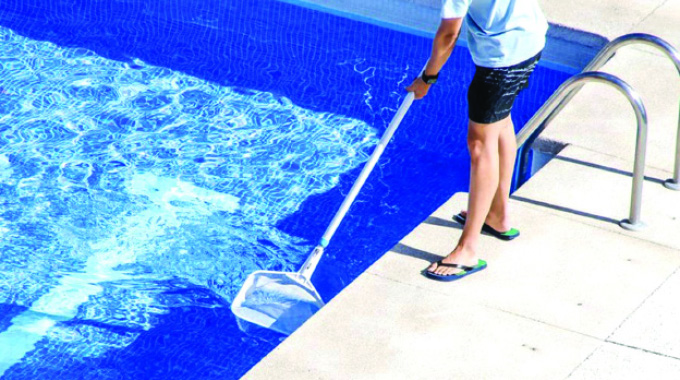Businesses turn trash into cash
LAGOS. – In Africa’s biggest economy and most populous country, collecting, sorting and recycling trash is despairingly rare.
But there is also good news. Some entrepreneurs are working hard to tackle the rubbish mountain, despite the many challenges.
Romco Metals started recycling aluminium at its factory outside Lagos in 2015, drawn by global demand for the light, strong, flexible metal. Buoyed by good results, it built a second facility outside Ghana’s capital Accra and now plans to open at least three new plants across Africa and triple production by 2025.
Aluminium is the world’s second most-used metal after steel and used widely in construction, medicine and car-making.
“Electric vehicles require more durable lighter material such as aluminium, and that’s where our materials end up,” said the company’s youthful founder, 32-year-old Raymond Onovwigun.
A British-registered company, Romco melts down and recycles around 1 500 tons of discarded aluminium per month, out of a capacity of 3 000 tonnes.
It says it has created 450 direct jobs – 5 000 in total, in this labour-intensive sector ‑ and plans to double that number within a year.
“Before… there was no work,” community leader Bankole Gbenga known as Chief Abore said during a recent visit to the Lagos facility.
Chief Abore says more than 100 young people from his community alone now work for Romco in some capacity.
“Some are doing carpentry, some are welders… some of the youth are doing security,” said the 40-year-old.
Among those who have most benefited from Romco’s business are material suppliers like Mohammed Ashiru Madugu, who delivers several truckloads of metal scrap each week. – AFP
READ | The hungry bugs fighting Uganda’s fertiliser crisis
If companies selling aluminium products “are not held responsible (for collecting waste) then it doesn’t make any sense – we’re just going round and round in circle.”
He blames poor legislation but says an improved law on Extended Producer Responsibility (EPR) is currently being discussed in the state house of assembly.
EPR is an environmental policy in place in many countries that gives producers incentives to take responsibility for their products after they are used.
Another challenge for recyclers is carbon emissions from the energy they use to crush, shred or melt old materials.
Romco, for instance, uses compressed natural gas to turn the aluminium into ingots.
“(It) is still a fossil fuel but the best, most efficient fossil fuel. It doesn’t contain lead or sulphur,” said Onovwigun.
The company says, however, that it wants to be independent of fossil fuels and is “exploring the potential of using solar, green hydrogen, and biofuels.”








Comments